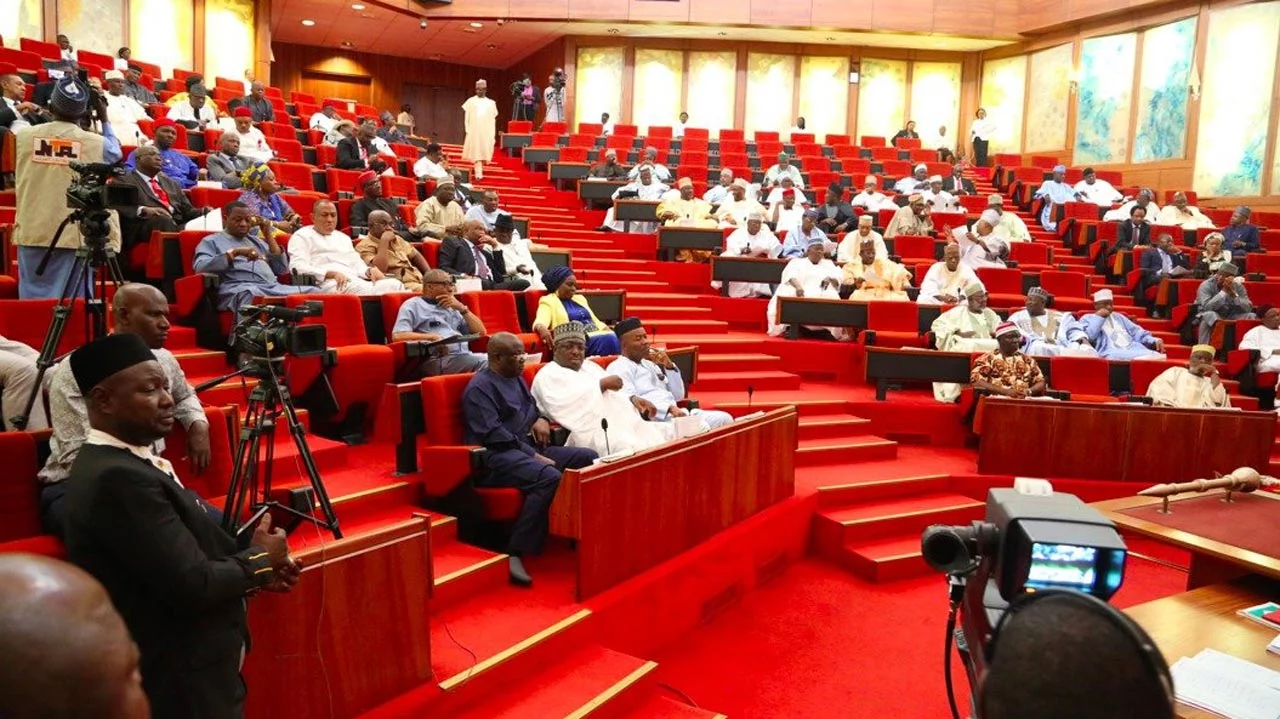The Nigerian Senate has approved the second reading of a landmark bill to establish Sickle Cell Disorder Research and Therapy Centres across the nation’s six geopolitical zones and the Federal Capital Territory.
The legislation, SB. 893, aims to improve access to specialised care, strengthen data collection, and provide educational and therapeutic support for patients, families, and healthcare providers.
Senator Sunday Marshall Katung (PDP, Kaduna South), who sponsored the bill, emphasised the urgent need for intervention.
He described sickle cell disorder as the most common inherited condition in tropical Africa, claiming that more than 650 children die daily from related complications.
“Nigeria remains the global epicentre of this disease, with most affected children dying before the age of five,” he said.
The bill outlines the creation of management boards, staffing requirements, funding structures, and administrative protocols for the centres.

Senator Osita Ngwu (Enugu West) hailed the bill as long overdue, noting the genetic nature of the disease and the necessity of public awareness campaigns.
Senators Tahir Monguno (APC, Borno North) and Abdulfatai Buhari (APC, Oyo North) emphasised the importance of education on genotype compatibility before marriage and the need for rural outreach to enhance public awareness.
Senator Victor Umeh (LP, Anambra Central) highlighted the significant financial and emotional burden the disease places on families.
Following extensive debate, the Deputy Senate President, Senator Jibrin Barau (APC, Kano North), conducted a voice vote, passing the bill to the second reading stage.
Lawmakers and health advocates welcomed the development, viewing it as a critical step toward improving sickle cell care, reducing mortality, and supporting affected families through coordinated research and therapy initiatives.


 Trending
Trending 




